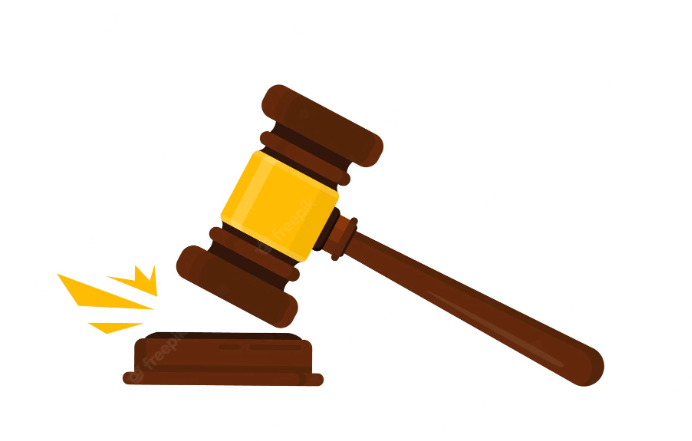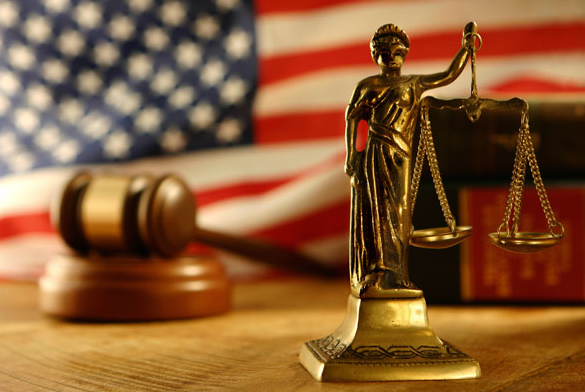|
Getting your Trinity Audio player ready...
|
The U.S. federal government was created in 1789 under the United States Constitution. This document establishes information on bills and the judiciary laws.

Federal Law-making Process.
The process of creating federal laws begins with a bill being introduced into Congress by either the President or one of its members.
A bill must be read on the floor, debated, amended and passed before it can become law.
When Do Bills Become Law?
After a bill has been signed into law by the president, it becomes effective as if it had been ratified by the people at the time of its enactment.
Who Decides What Laws Will Be Passed?
Although Congress decides which laws will be enacted, there are certain limitations placed upon its authority.
For example, they cannot pass a law that violates the Constitution.
They also cannot override a veto imposed by the president. That power rests solely within his control.
What Happens When a Bill Becomes Law?
Under normal circumstances, once a new law is enacted it immediately begins taking effect.
First, the law does not go into effect immediately because it must first be published in the Federal Register and posted in public places.
Since this is done each year on January 1st, it usually takes between three and four months to go into full force.
Additionally, the law does not immediately begin taking effect because it must be implemented by agencies of the executive branch.
Can a Bill Be Repealed?
Yes, a bill that has already been enacted can be repealed. When this occurs, the existing law ceases to exist.
In other words, it no longer exists unless there is another law enacted later that makes specific reference to it.
What Happens When a Bill Is Passed?
After a bill has been passed by both houses of Congress and signed by the President, it becomes law.
If an amendment is attached to the original bill, that amendment will also become part of the final version of the bill.
What Is a Constitutional Amendment?
An amendment to the Constitution is an addition to the original text of the document.
There have been two major types of amendments that have been enacted – constitutional revisions and amendments.
What Is the Judicial Branch?
The judicial branch consists of the Supreme Court, the lower courts and administrative bodies.
Most cases heard initially are brought before the lower court level.
The appellate courts hear appeals from decisions made by the federal district and circuit courts.
How Does the Judiciary Process Cases?
A judge issues a decision based on the facts or evidence presented during a trial.
Because judges are bound by precedent, their rulings are typically based on prior case law.
They look at previous court decisions and decide whether those cases apply to the current situation.
Who Decides Which Laws Apply?
The U. S. Supreme Court decides which laws continue to apply after a new law enters into existence.
Judges will base their decisions on legal precedents.
Thus, many times laws become unconstitutional simply because they violate a previous ruling.
What Are Due Process Protections?
Due process protections ensure that citizens are treated fairly and justly.
In other words, the due process ensures that people do not have their personal property taken away without being given proper notice and an opportunity to defend themselves.
Courts can determine if a person has been denied due process.
What Is Equal Protection?
Equal protection ensures that no one group is discriminated against.
For example, suppose a state passed a law excluding women from voting. That would discriminate against women.
Equal protection prevents groups of people from having special privileges or treatment over others.
How Do We Know Our Government Isn’t Violating the Constitution?
Unfortunately, we cannot always know whether a government official is violating the constitution.
But there are some ways to monitor the actions of officials and find out if they are doing something illegal. Such
Conclusion
There are laws governing every aspect of life, from driving to health care.
The truth is that everyone has their own opinion about whether these laws even exist at all.

